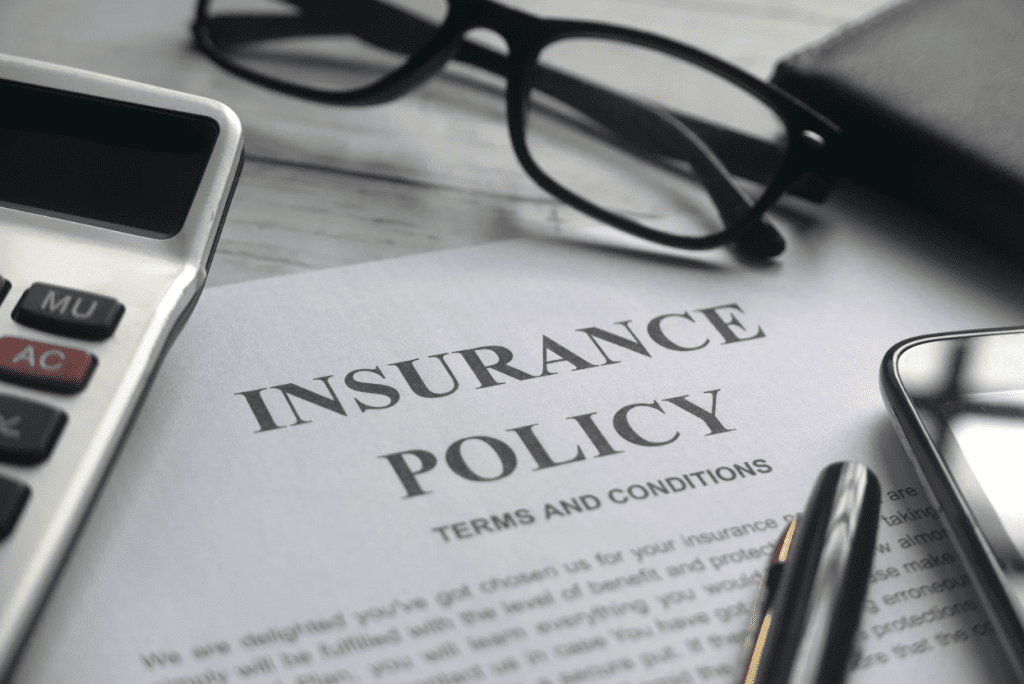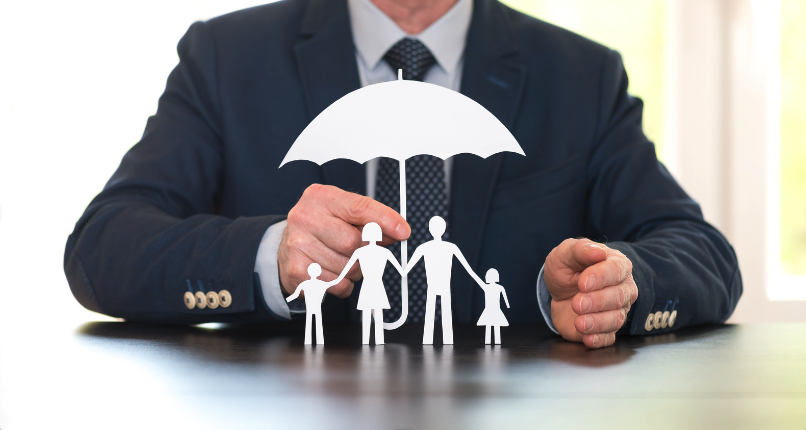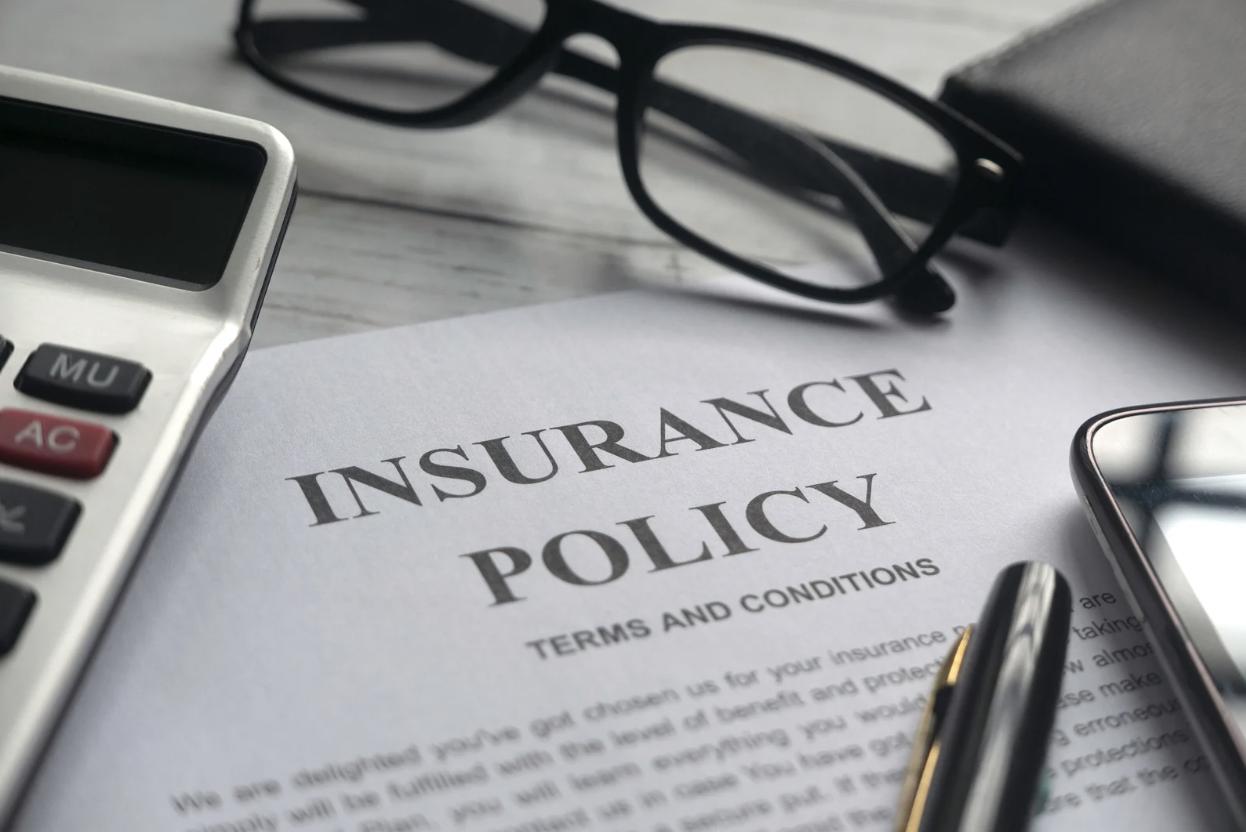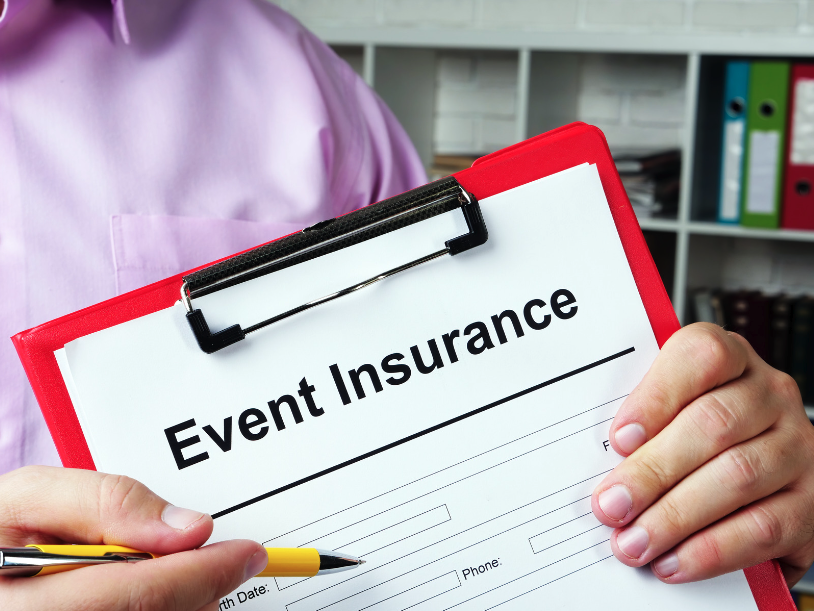In the fast-paced world of event management, even the most meticulous plans can go awry. From unforeseen weather disruptions to unexpected cancellations, a single incident can leave you and your clients facing financial hardship. Enter event insurance, which acts as a safety net to protect both your clients and your business.
This article explores the different types of event insurance available, helping you understand how each policy can safeguard your clients and foster a secure environment for your business to thrive.
Protecting your clients to protect your business
The foundation: Event host liability insurance
Most event insurance policies are built on a foundation of event host liability insurance. This covers bodily injury and property damage to third parties (including guests, vendors, and venue staff) that happen during an event due to some kind of negligence.
Imagine a guest slips on a wet floor or suffers food poisoning from bad catering, or sparklers scorch the sidewalk in front of your venue. In these cases, event host liability insurance would kick in to cover medical bills or property repairs.
NOTE: It’s important to remember that policies come with limits on how much the insurer will pay per claim and in total. Always make sure you understand these limits, and work with your insurance provider to adjust them if your events are high-risk.
Peace of mind: Event cancellation/contingency insurance
This type of insurance speaks for itself: it protects you and your clients from financial losses if your event needs to be canceled or postponed due to unforeseen circumstances.
It doesn’t take a seasoned event pro to know that events get canceled all the time due to things like bad weather, natural disasters, illness of a performer or speaker, or venue issues outside your control. But don’t forget this important step: be sure to carefully review your policy’s wording to understand exactly what cancellation reasons are covered.
Some policies might also offer additional coverage for interruptions or delays (such as power outages) during an event. For example:
- Additional expense coverage: This reimburses you for reasonable extra costs incurred to get the event back on track after an interruption. Think overtime pay for staff, venue rental extensions, or expediting catering services to resume the event.
- Increased security costs: If an interruption creates a security risk (like crowd control issues due to bad weather evacuation), this coverage might reimburse you for additional security personnel needed to manage the situation.
- Loss of revenue: Some policies might even provide coverage for a portion of lost revenue if the interruption significantly impacts attendance or sales at your event (e.g., a venue closure during peak hours for a ticketed trade show).

Must-have business coverage
Protecting your reputation: Professional liability insurance (E&O)
This type of coverage would shield you from a lawsuit if a client were to claim your business made a mistake that caused them financial loss. And no matter how seasoned the event pro, something is bound to accidentally fall through the cracks at some point (they don’t call event management one of the top 5 most stressful jobs for nothing).
Though the hope is certainly that missed details won’t be big enough to cause your clients to lose money, what if your event coordinator forgets to book a vendor the client specifically requested? Or if their recommendations for a caterer lead to food poisoning? E&O (Errors & Omissions) insurance can cover legal defense costs and settlements for claims like these (though our fingers are crossed you’re not having to deal with them regularly).
Serving responsibly: Liquor liability insurance
If some or all of your events involve serving alcohol, liquor liability insurance is essential. It covers legal costs and damages if a guest gets injured or damages property because of intoxication from being served at your event.
NOTE: The requirements for this type of coverage can vary by state, so be sure to check the regulations in your area.
Additional Coverages
Beyond the basics
Depending on your niche in the event industry, you might want to consider additional coverages like these:
- Hired & non-owned auto: This covers rental vehicles or vehicles used for transportation during your events. Any company that transports clients (shuttles, limos, or party buses), delivers equipment or supplies (like caterers or rental companies), or relies on staff using their own vehicles for work (planners and production companies) can benefit from hired & non-owned auto insurance. Your business will be financially protected if an accident occurs while using any vehicle, rented or personal, for event-related purposes.
- Inland marine: This protects valuable equipment you use or rent for events. This is a lifesaver for businesses whose success hinges on valuable, portable equipment. From AV rentals to event décor, this insurance safeguards valuable items during transport, storage, and active use. It also protects high-end catering equipment, exhibition booths under construction or on display, and the tools used by event technology providers and production companies. Essentially, if your event business relies on portable equipment, Inland Marine insurance can offer peace of mind by covering them in case of damage, loss, or theft.
- Workers' compensation: This term probably sounds familiar, as it’s crucial for covering work-related injuries for employees. And actually, worker's compensation protects both your employee AND your business. In the case of a work-related injury or illness, your employee receives medical care and wage replacement benefits. For your business, worker's compensation provides financial protection from lawsuits and ensures they comply with state regulations. From the travel and equipment setup of event planners to the physical demands faced by caterers, security personnel, rental crews, and production teams, there's always a risk of work-related injuries in the event industry.

Understanding the fine print
Before you move forward with purchasing any type of event insurance for your clients or business, don’t forget to take time to delve deeper and understand these critical things:
Policy exclusions: What isn't covered by the policy?
Here are a few examples of common event insurance policy exclusions to look out for:
- Intentional acts: Most policies won't cover situations where the damage or injury was caused intentionally by you, the event organizer, or someone working for you.
- Expected or gradual events: Things like wear and tear, mechanical breakdown due to lack of maintenance, or gradual mold growth typically aren’t covered.
- War and terrorism: Losses due to acts of war or terrorism are most often excluded.
- Pollutant emissions: If your event causes pollution that leads to property damage or illness, your insurance policy likely wouldn't cover it.
- Scheduled events: If you know about a potential issue beforehand (like a guest with a history of violence), and the event is still allowed to happen with that risk, any resulting damages might not be covered.
- Specific activities: High-risk activities like fireworks displays or bungee jumping might be excluded altogether, or require additional coverage.
Deductible: The amount you'll pay out of pocket before the insurance kicks in
Your insurance deductible can vary based on a number of factors, including:
- Type of coverage: Event cancellation/contingency policies often have lower deductibles (around $250) compared to event liability policies (which can range from $1,000 to $10,000 or more).
- Risk level of your event: Higher-risk events (concerts or sporting events) will typically have higher deductibles compared to lower-risk events (business meetings or small conferences).
- Coverage limits: Policies with higher coverage limits (the maximum amount the insurer will pay per claim) will probably have higher deductibles.
- Insurance company: Different insurers have their own pricing structures and may offer varying deductibles for similar coverage. Make sure to do your research and work with an insurer that you know will offer a reasonable deductible.
Claims process: How to file a claim if something goes wrong
We’ve outlined a typical process for filing a claim if something does go awry with your event (knock on wood), as well as a few best practices:
- Report the claim: Contact your provider as soon as possible after an incident occurs that might be covered by your event insurance policy - this allows them to begin the investigation process promptly. Most insurers will have a claims hotline number or online form for reporting claims that you can conveniently use.
- Gather documentation: Be prepared to provide your insurance company with detailed information about the claim, including:
- A copy of your event insurance policy
- Contact information for any witnesses
- Police reports (if applicable)
- Photos or video footage of any damages or injuries
- Receipts or invoices for any repairs or medical bills (if applicable)
- Adjuster investigation: The insurance company will assign an adjuster to investigate the claim. The adjuster will review your documentation, interview witnesses if necessary, and assess the extent of the damages or injuries that occurred.
- Coverage determination: Based on the adjuster’s investigation and the terms of your policy, the adjuster will determine whether the claim is covered and for what amount. They’ll also clarify any applicable deductibles that need to be subtracted from the payout.
- Settlement and payment: If the claim is approved, you’ll receive a settlement from the insurance company - usually in the form of a physical check. Keep in mind that the format and timeline for this payout can vary depending on the insurer.
Here are some additional recommendations to help you navigate the claims process smoothly:
- Cooperate with the adjuster: Providing all requested information promptly will help the adjuster process your claim quickly and efficiently.
- Be truthful and accurate: Any misrepresentation of facts during the claims process could seriously jeopardize your coverage.
- Keep records: Be sure to maintain copies of all communication and documents related to your claim for your reference.
In a nutshell
By understanding these various event insurance options and what they cover, you can equip yourself to make informed decisions and offer your clients the peace of mind that comes with proper protection. Remember, a little planning and the right insurance policy can mean the difference between a minor setback and a financial disaster.







